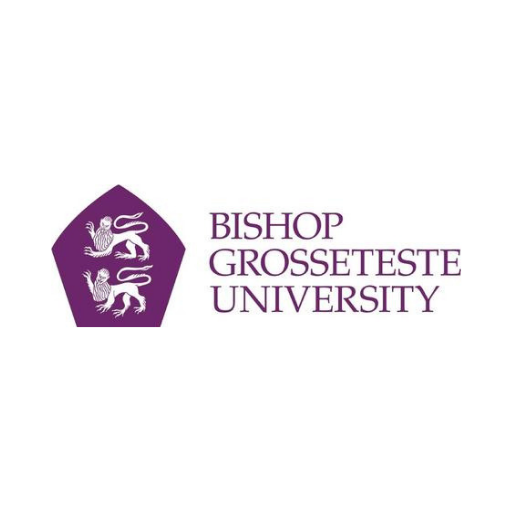Implicit Religion: what might that be?
Implicit Religion was intended to create a new approach to the study of religion. It took seriously the behaviours, beliefs, attitudes and actions of the individuals and communities at the place where they are. It did not attempt to assert that something was ‘merely appearing’ to be religious but was really ‘secular’, nor did it insist that something could be termed ‘religious’ by scholars regardless of what the participants thought. The specific nature of implicit religion lies in the attempt to override prejudices and stereotypes with the mechanism of forced repetition, so as to understand life and the world as experienced by people in the process of living. Thus it is necessary to go beyond such common schemes as the identification of the religious with churches, sects, and institutions, or the dichotomy of secular and sacred, as well the antonyms visible and invisible, sacred and profane.
In its first ever USA based venture the Implicit Religion network (CSIRCS) is holding a conference on the theme of Implicit Religion: what might that be? It aims to focus on the analytical categories of ‘religion’, ‘secular’, ‘spirituality’, ‘sacred’ and ‘profane’ in a conversation around what do we mean when we use those terms? What data are we focused on when we gather findings on those terms or categories? In what ways are those categories implicated in, shaped by and shoring up problems in regards to categorising people such as race, gender, ethnicity, sexuality, class and employment status? These are the questions we want to begin to address and develop with this conference using the analytical tools created by the founder of Implicit Religion, Professor Edward Bailey.
Bailey long argued that the value of engaging with and deconstructing such categories is far more apparent when one includes or focuses on aspects of so called secular experience that might reveal something of the nature of religion to us. Or, to use Wittgenstein’s language it might help us to better understand the pictures we use compared with the pictures and word games our research subjects are engaged in. To this end Edward Bailey suggested three areas for focus: commitment, integrating foci, and intensive concerns with extensive effects. These have been explored in a wide range of topics from art, shopping, Elvis fans, pilgrimage, Occupy protests, video games, Starbucks, punk rock, elective childlessness, animal rights, tattoos and sport.
We therefore welcome papers that focus in some regard on Bailey’s three tools, or on an area that might benefit from engaging with them. These could include, but are by no means limited to:
- How do categories function as an artefact of power and social designation?
- The sustainability of categories within the study of religion
- Holistic approaches to the study of religion
- Ethnography and Implicit Religion
- Implicit Religion and the non-Western perspective / canon
- Implicit and explicit acts of exogenous and endogenous appropriation
- The (mis)use of religious practices, myths, and rituals in relation to gender and non-gender, race, class, disability etc.
- ‘Religious’ meaning in ‘non-religious’ action
- Locating the sacred in the profane (popular culture, materiality, businesses, law etc.)
This conference is open to all, but preference for presentation spaces will be given to students (undergraduate and postgraduate), early career academics, under-employed / precariously employed academics, independent scholars and scholars from under-represented groups within academia. It is not anticipated that these will be final papers, rather the purpose of the conference is to provide you with a secure and safe space to explore your ideas, gain guidance, suggestions and scaffolding to continue working on your paper from experienced Implicit Religion scholars.
There will be a dedicated panel for undergraduates to present at – called a scratch session. These will be shorter papers and rather than the usual practise of asking questions of the presenters, the audience will make suggestions for further reading, pathways for improvement, scholars to explore etc. Undergraduate students will also be given the opportunity to indicate if they wish to take a broader role within the conference in the form of chairing panels or making introductions of speakers.
For more information click "LINK TO ORIGINAL" below.
This opportunity has expired. It was originally published here:
https://implicitreligionus.wordpress.com/call-for-papers/
